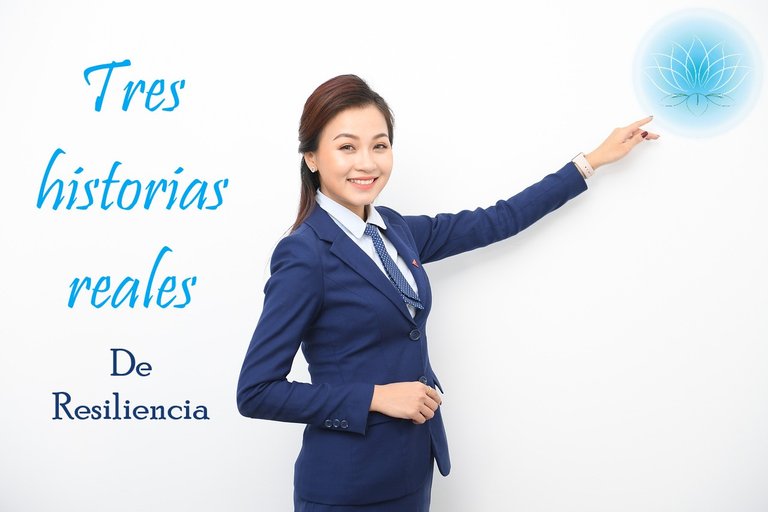

Cuando hablamos de flexibilidad ante las situaciones difíciles que solucionamos y nos sobreponemos a ellas, estamos hablando de resiliencia.
Somos capaces, según los conceptos de psicología, de afrontar crisis en situaciones que son traumáticas en potencia, y que, a la vez, somos capaces de salir airosos y fortalecidos.
Pero, en mi blog he hablado muchas veces sobre esto en forma teórica y es importante que aprendamos de las experiencias que tienen otros; por eso me gusta traer a colación, entrevistas breves o encuentros que tengo con amigos y pacientes que considero ejemplares, con la finalidad de obtener herramientas aprendidas por ellos.
La experiencia indirecta es importante, y para eso, las historias de los otros permiten que vayamos construyendo las nuestras; así que, aquí traigo tres historias de resiliencia con herramientas diferentes que pueden servirnos a todos.

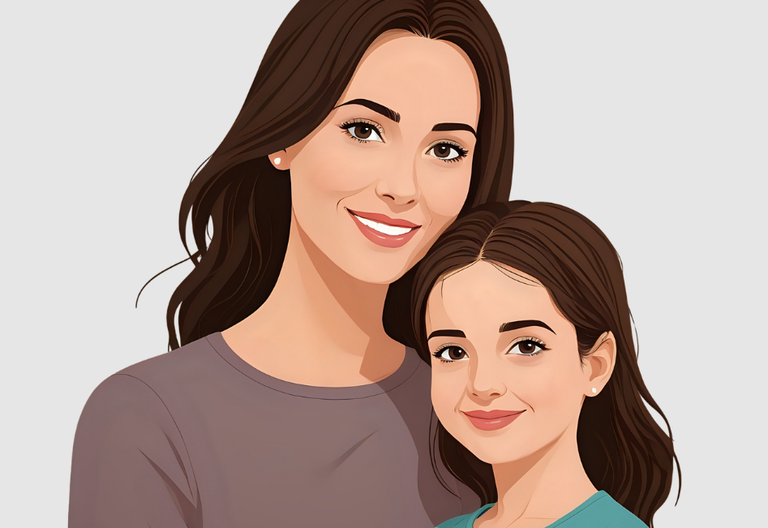
Marlene y su alma de hierro
Nuestra amiga -en este caso, paciente- es una mujer que ha tenido que vivir situaciones difíciles, producto de la situación política de Venezuela.
Perdió a su esposo en la migración, y tuvo que salir a trabajar ocupando prácticamente todo su día en dos trabajos que le generaban lo mínimo para sobrevivir.
Así, mientras la mayoría de sus familiares emigraron, ella se quedó porque necesitaba que sus dos hijos escolares terminaran su ciclo de estudios en el ambiente y con los compañeros que siempre habían tenido.
Ella no quiso ocasionarles algún tipo de trauma al respecto.
Una mujer que mostró una resiliencia emocional, cuando se rompió su matrimonio, al quedar sola ante la crisis profesional del país y ante una pérdida familiar muy cercana que tuvo.
Marlene muestra poco sus emociones, porque tiene un manejo fuerte de la ira, la tristeza, el miedo y de la frustración; y ante las críticas, es muy poco lo que muestra como reacción emocional, nadie sabe qué puede estar pensando.
Con el tiempo mostró síntomas depresivos que, con el tratamiento, pudo solventar, y hoy, con las terapias, ha aprendido que no es malo expresarse, dejar salir las consecuencias emocionales.
Hoy, su fortaleza está intacta y se ha intensificado con base en el reforzamiento de su autoestima.
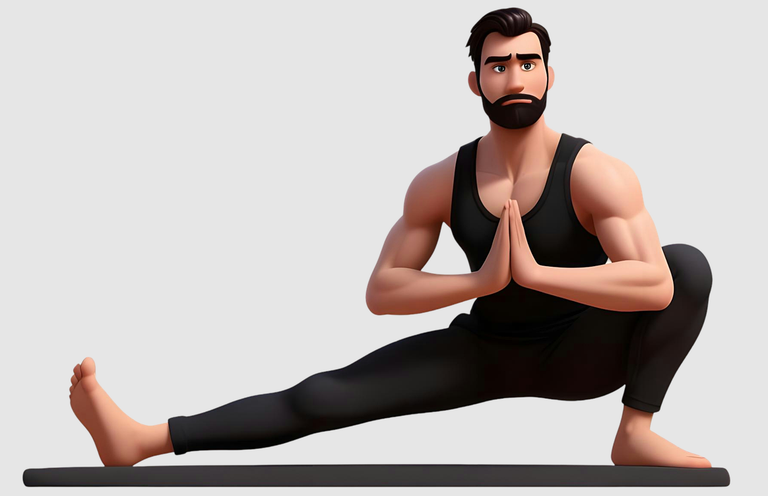
Víctor y su transformación física y mental
A Víctor, tuve la oportunidad de conocerlo hace apenas 4 meses; un paciente que me enviaron de los andes venezolanos, que estaba sufriendo una serie de trastornos que no encajaban en un síndrome en particular.
Con trastornos depresivos, angustia, elevación de la presión arterial, taquicardias, problemas del sueño; y su relación de pareja se estaba deteriorando producto del exceso de estrés.
La evaluación llevó a la necesidad de una transformación de vida, a cambio de hábitos y de ver la existencia; entender que existían cosas importantes que priorizar y darles respuesta dependiendo de la importancia de estos.
La dieta fue sumamente importante, lo que en Víctor era muy difícil de encausar.
Sorprendentemente, dos meses después, en su reciente viaje, él había bajado de peso, unos 15 kilogramos, y se apreciaba mucho más joven.
"Entendí que la vida solo se vive una vez." - Así me dijo.
Ya no toma medicamentos y prácticamente solo ingiere vitaminas y minerales; hace ejercícios diarios y se ha centrado en su familia.
Existe una correspondencia positiva (según estudios) entre el cambio a los hábitos saludables, la resiliencia y el estado físico mejorado.
En fín, que lo que los estudios dicen es que, ser resiliente retrasa el envejecimiento.
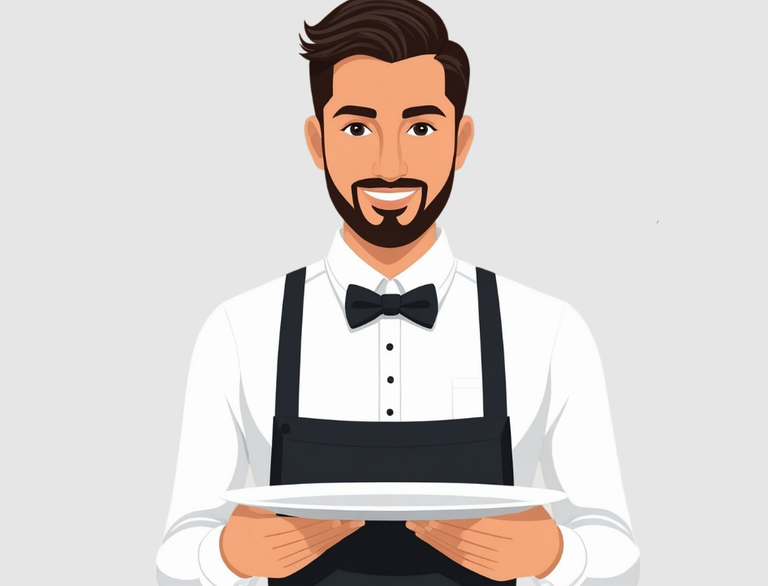
Héctor, mesero, cantante y educador
Por último, existe otro tipo de resiliencia que es la mental, que denominamos la capacidad de adaptarse al cambio y a los eventos que producen incertidumbre.
Héctor emigró a Bolivia, que dice ser una cultura que choca un poco con la venezolana, porque el venezolano es abierto, explosivo, de buena autoestima y puede caer mal.
Tuvo problemas para ser aceptado junto con su hermana, quien, al poco tiempo, cayó en un estado depresivo terrible.
Pero él, ante la dificultad de conseguir empleo, comenzó a cantar en la calle y, poco a poco, lo contrataron en fiestas y eventos particulares que le dejaba buen dividendo.
Igual trabajó en ventas de comida como mesonero, siendo un profesional de la educación aquí en Venezuela, y el cambio fue sumamente fuerte para él.
Pero, la fortaleza mental le hizo mantener la pasión, la perseverancia, la capacidad y la mente abierta que hicieron que, más adelante, tuviese la oportunidad de trabajar en asesorías de tesis y artículos científicos para profesores de universidades.

Sí, todos somos resilientes...
De una u otra manera, todos terminamos siendo resilientes.
Cuando caemos, desde mi perspectiva, son señales que nos da la vida sobre situaciones que debemos arreglar, corregir o fortalecer en nosotros mismos.
Un ser humano resiliente es consciente de sus potencialidades, pero también, de sus limitaciones.
Y debe ser creativo, por lo tanto, conocerse es la primera parte de un proceso de resiliencia positivo.
Por eso, siempre recomendamos que enseñemos a nuestros niños a reconocer errores y a fortalecer el criterio propio con análisis y reflexión, pues eso nos hace conocer más.


In the end I understood that you only live once! -Three exemplary people-
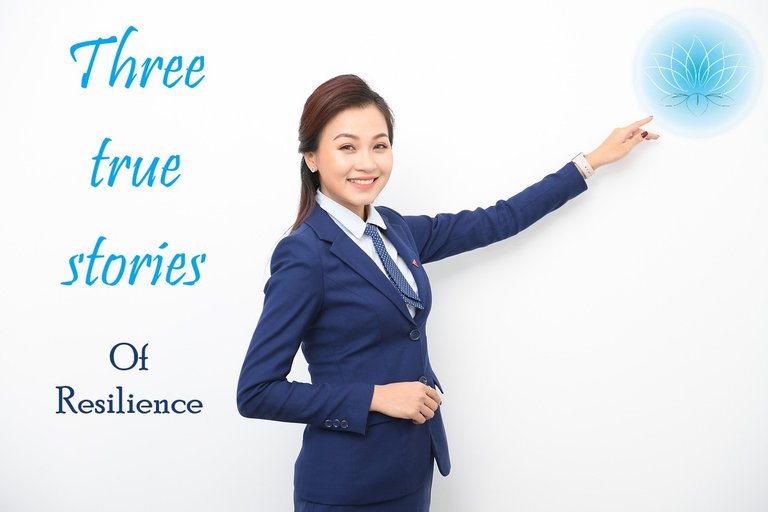

When we talk about flexibility in the face of difficult situations that we solve and overcome, we are talking about resilience.
We are able, according to the concepts of psychology, to face crises in situations that are potentially traumatic, and at the same time, we are able to emerge stronger and stronger.
But, in my blog I have spoken many times about this in a theoretical way and it is important that we learn from the experiences that others have; that is why I like to bring up brief interviews or meetings that I have with friends and patients that I consider exemplary, in order to obtain tools learned by them.
Indirect experience is important, and for that, the stories of others allow us to build our own; so, here I bring three stories of resilience with different tools that can be useful to all of us.


Marlene and her iron soul
Our friend -in this case, patient- is a woman who has had to live through difficult situations due to the political situation in Venezuela.
She lost her husband in the migration, and had to go out to work, occupying practically her whole day in two jobs that generated the minimum to survive.
So, while most of her family members emigrated, she stayed because she needed her two school children to finish their studies in the environment and with the classmates they had always had.
She did not want to cause them any kind of trauma in this regard.
A woman who showed emotional resilience, when her marriage broke up, when she was left alone in the face of the professional crisis in the country and in the face of a very close family loss she had.
Marlene shows little of her emotions, because she has a strong management of anger, sadness, fear and frustration; and in the face of criticism, she shows very little emotional reaction, no one knows what she may be thinking.
Over time she showed depressive symptoms that, with treatment, she was able to solve, and today, with therapies, she has learned that it is not bad to express herself, to let the emotional consequences out.
Today, her strength is intact and has intensified based on the reinforcement of her self-esteem.

Victor and his physical and mental transformation
I had the opportunity to meet Victor just 4 months ago; a patient sent to me from the Venezuelan Andes, who was suffering from a series of disorders that did not fit into a particular syndrome.
With depressive disorders, anguish, elevated blood pressure, tachycardia, sleep problems; and his relationship was deteriorating due to excessive stress.
The evaluation led to the need for a life transformation, a change of habits and a change in the way of seeing existence; to understand that there were important things to prioritize and to respond to them depending on their importance.
Diet was extremely important, which was very difficult for Victor to manage.
Surprisingly, two months later, on his recent trip, he had lost weight, about 15 kilograms, and looked much younger.
"I understood that you only live life once." - So he told me.
He no longer takes medication and practically only takes vitamins and minerals; he exercises daily and has focused on his family.
There is a positive correlation (according to studies) between the change to healthy habits, resilience and improved physical condition.
In short, what the studies say is that being resilient slows down aging.

Héctor, waiter, singer and educator
Finally, there is another type of resilience, which is mental resilience, which we call the ability to adapt to change and to events that produce uncertainty.
Hector emigrated to Bolivia, which he says is a culture that clashes a bit with the Venezuelan one, because Venezuelans are open, explosive, have good self-esteem and can be disliked.
He had problems to be accepted along with his sister, who soon fell into a terrible depressive state.
But he, faced with the difficulty of finding a job, began to sing in the street and, little by little, he was hired at parties and private events that gave him good dividends.
He also worked in food sales as a waiter, being an education professional here in Venezuela, and the change was extremely hard for him.
But, the mental strength made him keep the passion, perseverance, capacity and open mind that made him, later on, have the opportunity to work in thesis advising and scientific articles for university professors.

Yes, we are all resilient...
In one way or another, we all end up being resilient.
When we fall, from my perspective, these are signals that life gives us about situations that we must fix, correct or strengthen in ourselves.
A resilient human being is aware of his or her potential, but also of his or her limitations.
And the person must be creative, therefore, knowing oneself is the first part of a positive resilience process.
Therefore, we always recommend that we teach our children to recognize mistakes and to strengthen their own criteria with analysis and reflection, because that makes us know ourselves better.

Emilio Ríos – Venezuela
@emiliorios


Barras separadoras y logo de English, creadas y editadas en Paint.
Separator bars and English logo, created and edited in Paint.Cintillo personalizado de @emiliorios con el logo de #Hive, realizado por la excelente creadora @mosa71
Custom @emiliorios banner with the #Hive logo, made by the excellent content creator @mosa71
- Imagen de agradecimiento, tomando el logo de nuestra comunidad y editada en Paint, de:
Thank you image, taking our community logo and edited in Paint, by:
Pixabay-Estableman
- Logo de la comunidad utilizado en las imágenes, de:
Community logo used in the images, from:
Pixabay-Truthseeker08


